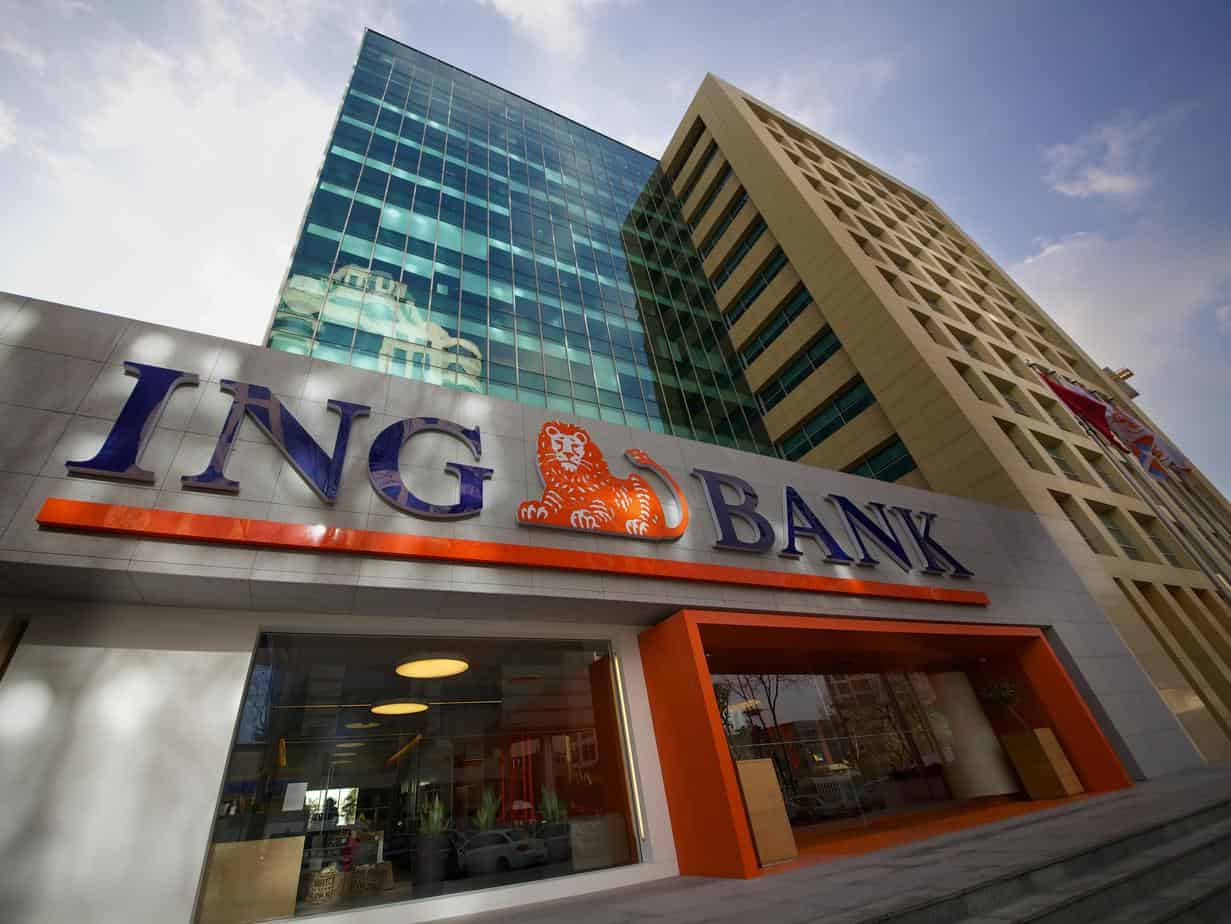In 2016, ING Bank innovation teams worked on 27 proofs of concept in six areas: lending, payments, financial markets, bank treasury, compliance and identity, and trade finance and working capital solutions.
Ivar Wiersma, head of innovation at Wholesale Banking with responsibility for the Blockchain Innovation team, said:
“We will introduce more of these pilots and tests that make clients enthusiastic. Not every pilot will be a home run, but that’s OK. I see them as stepping stones, showing us what’s possible.”
According to the ING website:
One, for example, applied blockchain to the ‘know-your-customer’ process, which can be costly and time consuming. Working with 10 other banks, they showed it could simplify KYC so customers only have to submit identity documents once rather than each time they open a new account, for example in another country. This increases transparency, security and cost-efficiencies for banks.
In trade finance, too, where processes are largely paper-based, labour intensive and open to fraud, a proof-of-concept was completed in August. It demonstrated that shared ledger technology could reduce operational and compliance costs of trade financing by 10 to 15 percent and increase bank revenues by as much as 15 percent.
Last Friday, news hit the wires that ING Bootcamp winner Easy TradING Connect, trading house Mercuria and Societe Generale are working on the first large oil trade using blockchain technology. This would be a breakthrough in digitising the tradition-bound oil industry.
Mariana Gomes de la Villa, senior program manager blockchain and leader of the innovation team, says: “For us, 2016 was about experimentation and getting to know the technology: how it works, how we can use it and what the pitfalls and limitations are. This technology wasn’t built for the financial industry so there are constraints and it doesn’t always cover our requirements.”
Collaboration with other industry players and regulatory bodies is key, she says, and to this end the bank has with worked with a number of external partners including consortiums such as R3, fintech startups, the Dutch central bank, the Dutch Payments Association and the European Banking Forum.
“Each solution should comply with many more areas: performance and scalability, the regulatory and legal framework, privacy and confidentiality,” says Gomes de la Villa. “That’s also why collaboration with the business and external partners is so important.”
Looking ahead, the banks intends to zone in on on five to six practical use cases.







